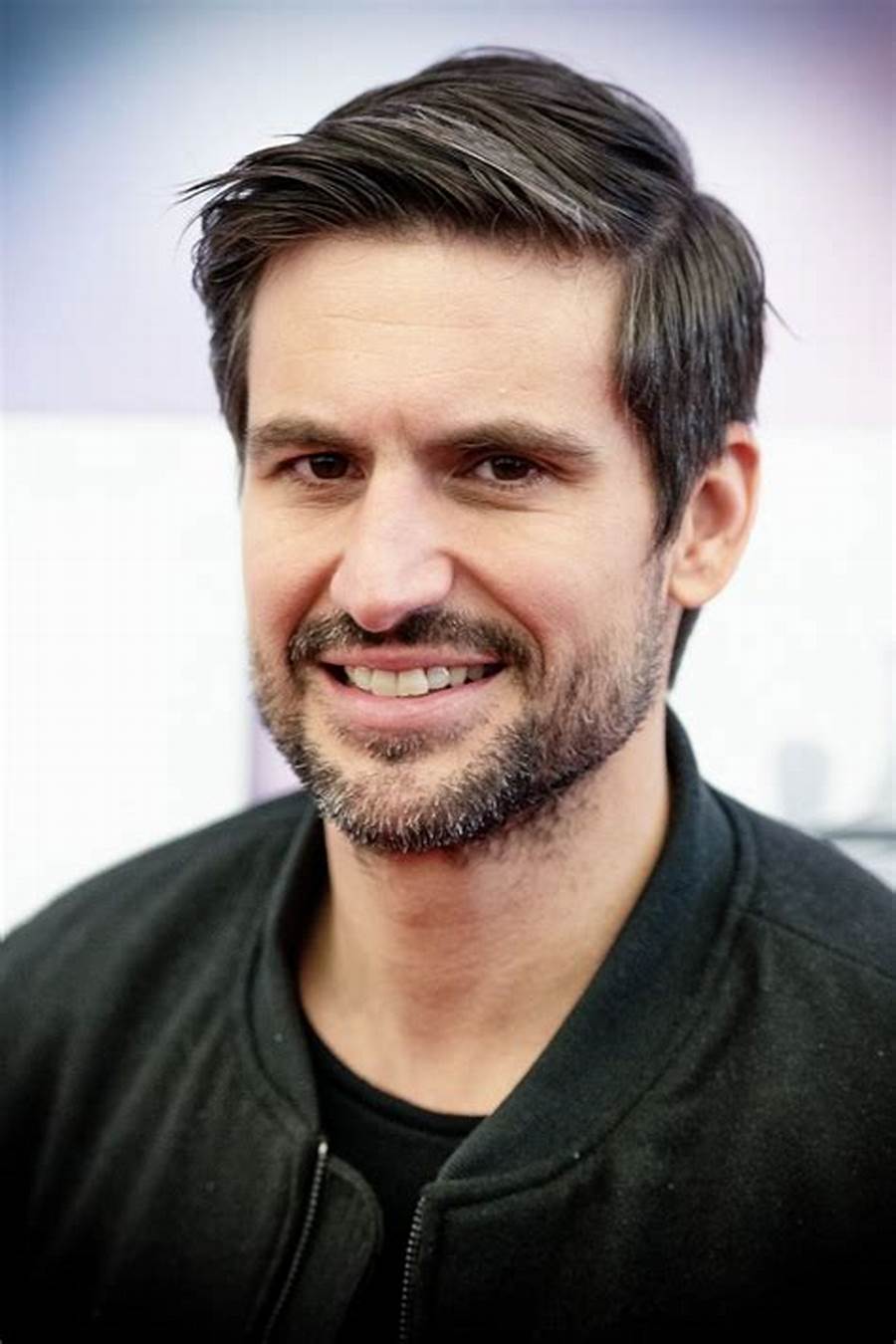On March 30, nearly one million emails between employees of the Russian state broadcasting company (VGTRK), over a 20-year period, leaked onto the free internet.
The attacks on TV channels – which are, among other things, the home of renowned Russian presenter Vladimir Soloviev – are only a small part of a large-scale cyber attack on Russian companies and government agencies.
based on Washington Post A recent study showed that the number of passwords and other sensitive information from Russia that leaked onto the Internet in March exceeds the total amount of data from any other country.
According to the newspaper, neither Western powers nor notorious criminal hackers were behind the attack on VGTRK – but a small group of “hackers” called the 65th Network Battalion. “Hacktivism” is a new word made up of the words “activism” and “hacking”. ” – that is, a data breach.
To the newspapers – who stated that they interviewed them via an encrypted messaging service – they claimed that neither Ukraine nor any other government power helped or financed them in any way.
– We pay for our own infrastructure, and set aside time in addition to work and family obligations to do this. We don’t ask for anything in return. This was the right thing to do, an unnamed spokesman told the paper.
Murder of journalists in the West Bank: – Disgraceful
– Loss of breath
The Battalion 65 network is reportedly far from alone.
– Russia is being hacked to a level we’ve never seen before, by low-level hackers – and tens of terabytes of data are falling from the sky. Historically, Russia has been systematically attacked by the upper echelons – the Five Eyes Alliance and the Chinese government – but today the extent of the leak is astonishing.
This is what security researcher Juan Andres Guerrero-Saade at computer security firm SentinelOne told major British newspapers Financial time.
Five Eyes is an intelligence alliance consisting of the countries of Australia, Canada, New Zealand, the United Kingdom and the United States.
The “soldiers” in the new digital war against Russia are pro-Ukrainian hackers as well as opportunistic criminals, the paper wrote.
Its targets ranged from the Russian Ministry of Culture to the state-owned oil pipeline company Transneft – and parts of the Russian Orthodox Church.
The result is said to be “several hundred million leaked documents”, according to the Financial Times.
A recurring theme, according to major newspapers, is Service failure against the Russian site. Among other things, this may involve bombarding online services with traffic, to overload the system and temporarily render the website down.

Saying no to Putin
warn
However, Guy Golan, head of computer security firm Performanta, warned that the attack could have unintended consequences:
“This army of hackers would be a great story to tell children year after year, but it’s very dangerous,” he told the Financial Times.
Golan continued:
– They may imagine that they are committing a heroic act, but imagine a general in Russia who has to respond to the loss of water supplies in Moscow? The balance can be suddenly disturbed in disastrous ways.
In parallel with the hacker attacks, the alleged leaks were made public under the auspices of the Ukrainian government, according to The New York Times.
In April, the newspaper wrote that Ukraine had published the names of Russian soldiers who took part in the massacre in Butsja, as well as the names of alleged agents in the Russian FSB security service.
The rosters have not been verified by an independent third party, and it is unclear whether they were obtained through a data breach.
Many of the allegedly leaked documents ended up on the Distributed Denial of Secrets memorial site collection. Co-founder Emma Best described Russia’s leak rate as “remarkable” to the website Interception.
– WikiLeaks claims to have published ten million documents during the first ten years. In less than two months since the invasion began, we have published more than six million Russian documents, he told the website in April.

“Hardcore zombie fan. Incurable internet advocate. Subtly charming problem solver. Freelance twitter ninja.”






